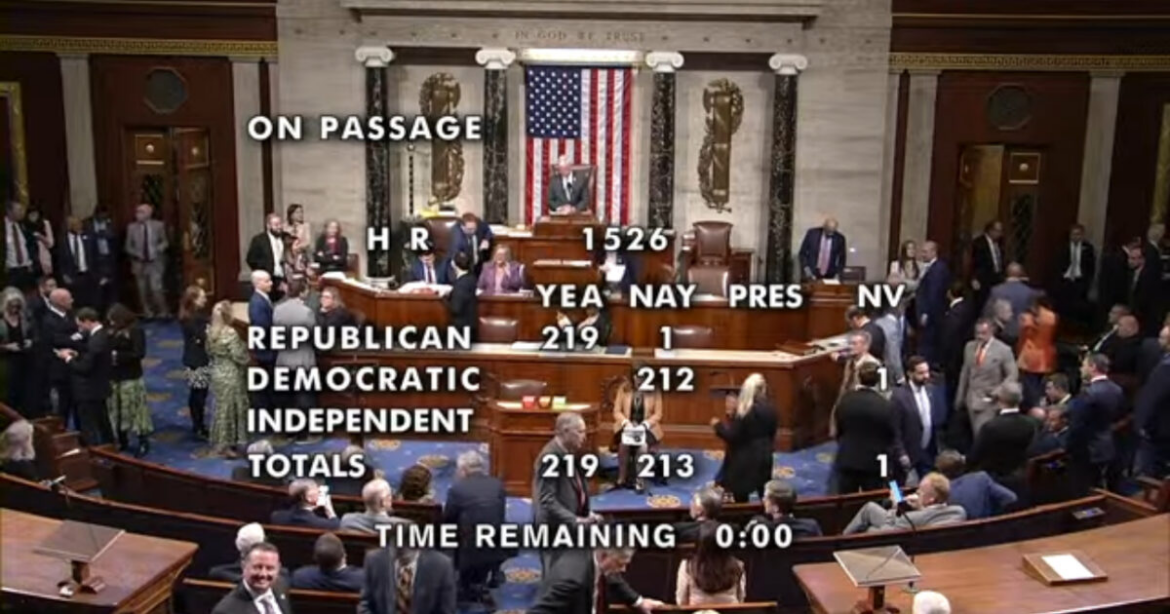U.S. House Passes Bill to Curb Nationwide Injunctions by District Judges
Restricting Judicial Overreach
In a significant legislative move, the U.S. House of Representatives has passed the No Rogue Rulings Act, introduced by Rep. Darrell Issa (R-CA), aimed at preventing federal district court judges from issuing nationwide injunctions. This development seeks to limit the capacity of individual district court judges to impose sweeping legal orders that affect the entire country, addressing concerns over judicial overreach.
The Context of the Legislation
The need for this bill has been underscored by several high-profile cases where district judges issued nationwide rulings on policies implemented by the Trump administration, including immigration and national security measures. Critics of these injunctions argue that they grant excessive power to individual judges at the expense of the executive branch’s ability to govern.
Supreme Court Interventions
This legislative action aligns with recent decisions by the Supreme Court, which has taken steps to curtail the reach of district court rulings. Notably, the Supreme Court recently vacated decisions by Judge James Boasberg that barred the Trump Administration’s deportation measures under the Alien Enemies Act, citing lack of jurisdiction.
Political Reactions and Implications
The bill has sparked a partisan debate, with Democrats expressing concerns that restricting district judges could undermine the judiciary’s role in checking executive power. However, Republicans, like Rep. Issa, argue that the current situation necessitates a return to traditional judicial boundaries where district courts do not extend their influence beyond their geographic jurisdiction.
Looking Ahead
As the bill moves to the Senate, the debate is expected to intensify, with implications for the balance of power between the branches of government. This legislation represents a critical juncture in the ongoing discussion about the scope of judicial authority in the United States and the appropriate limits on the power of individual district judges to shape national policy.

